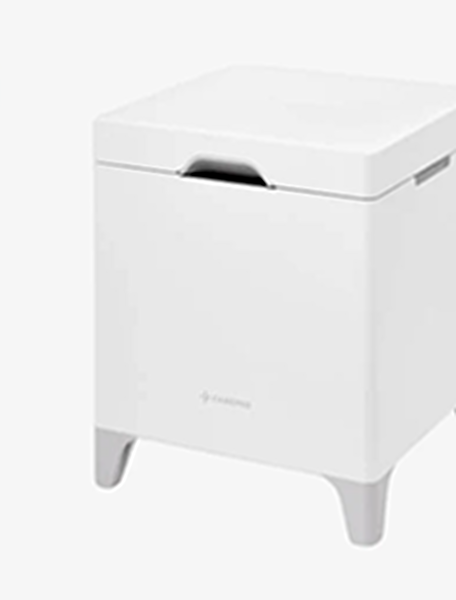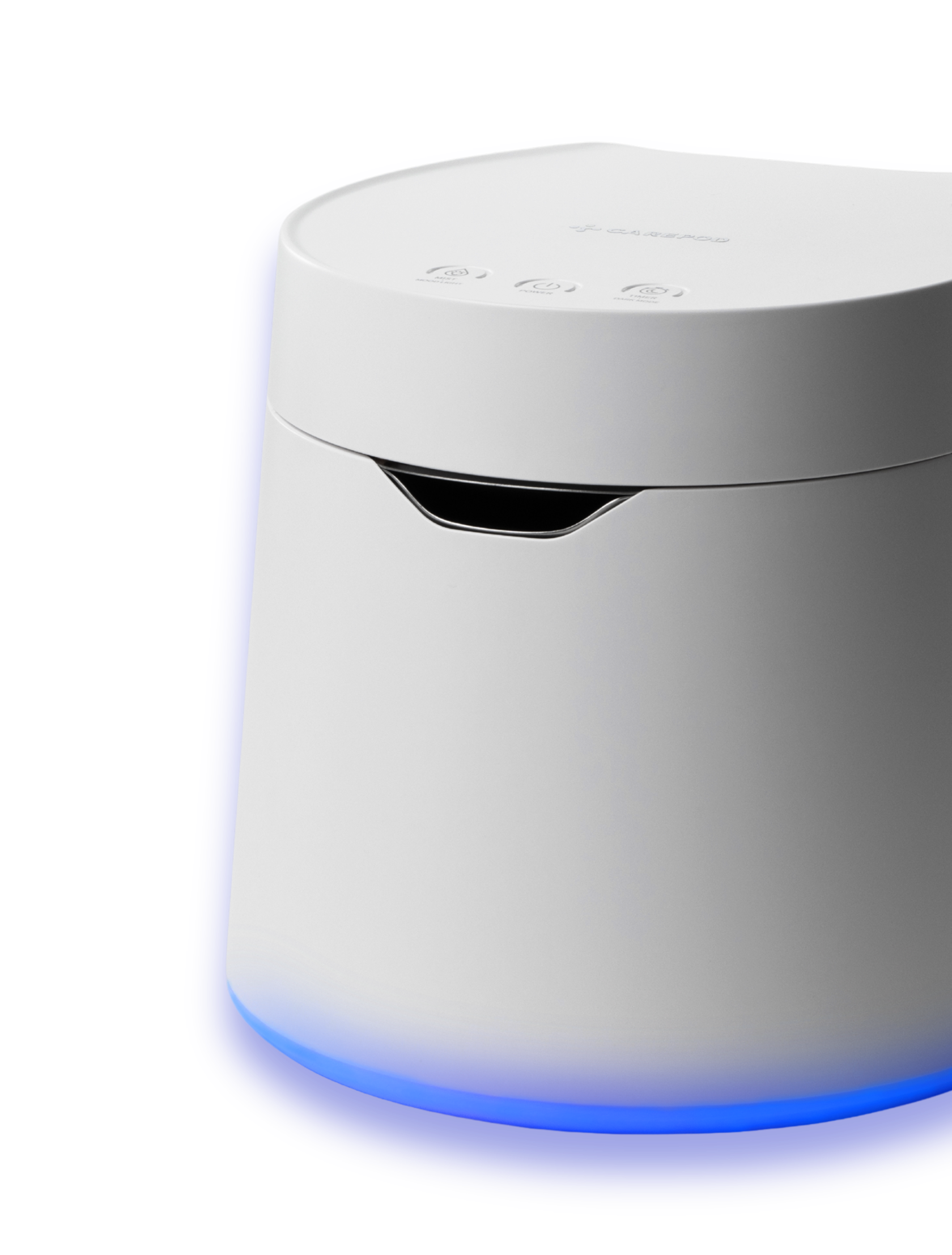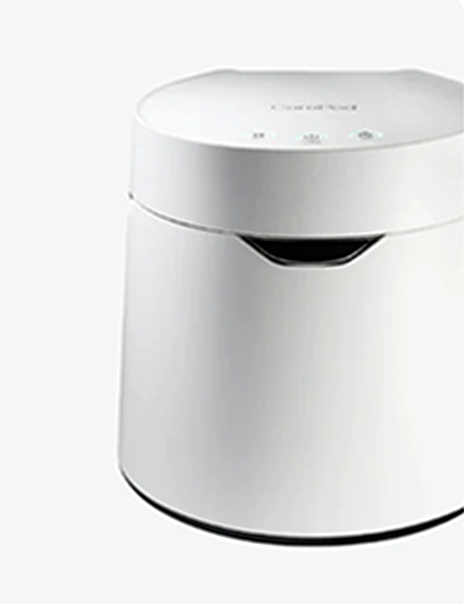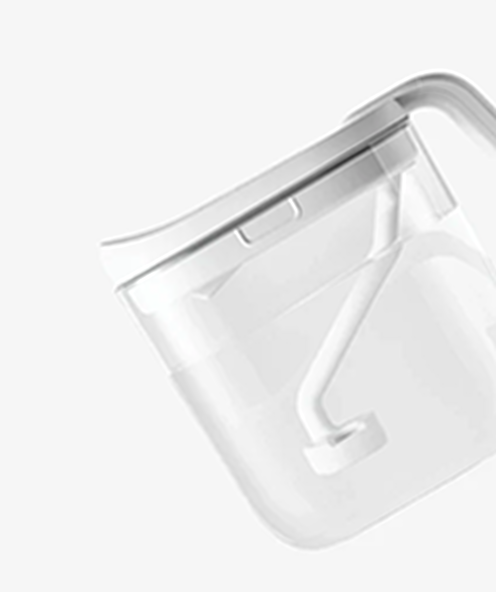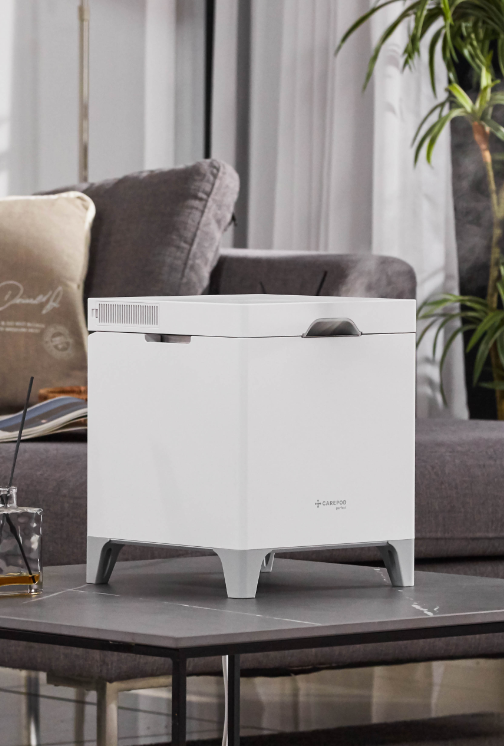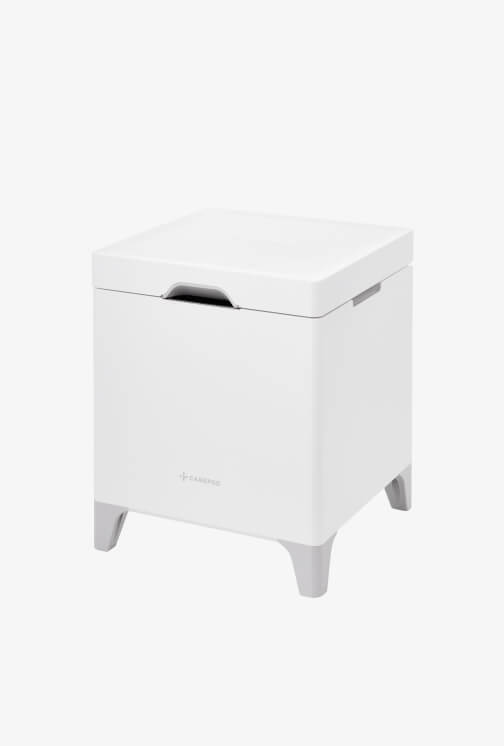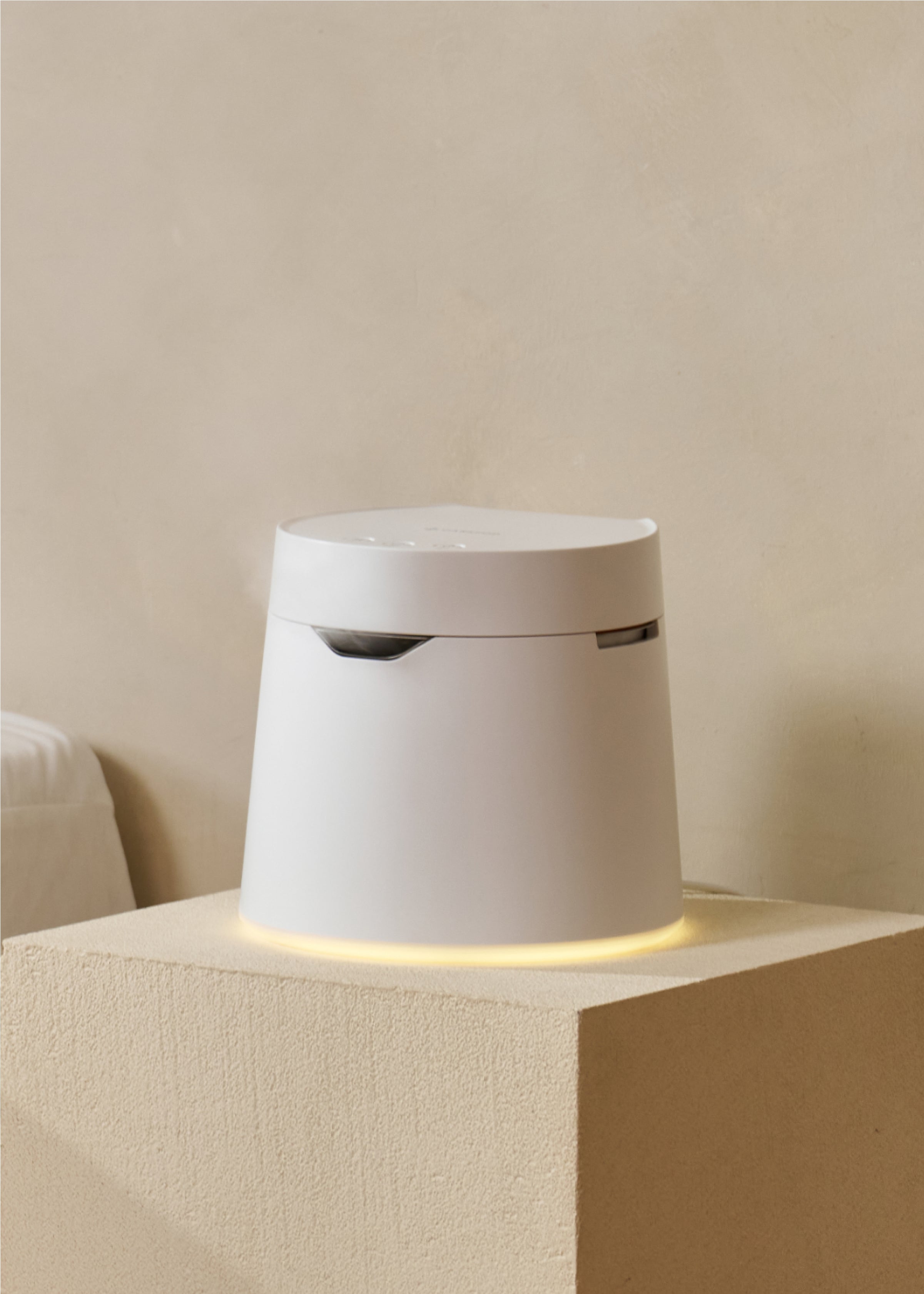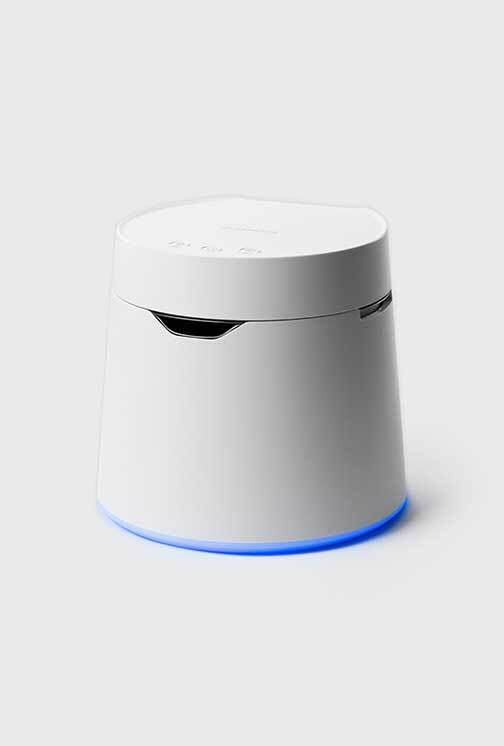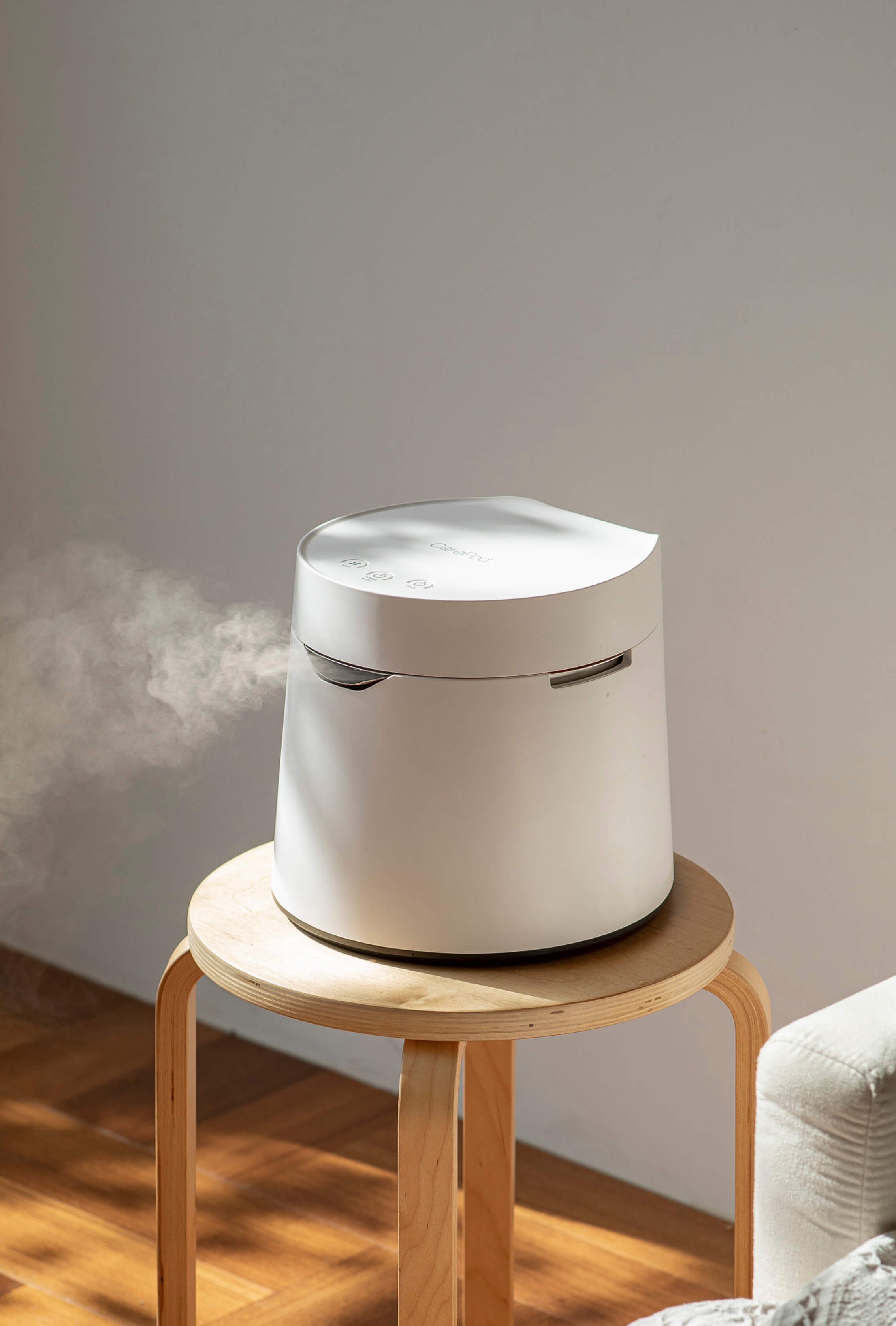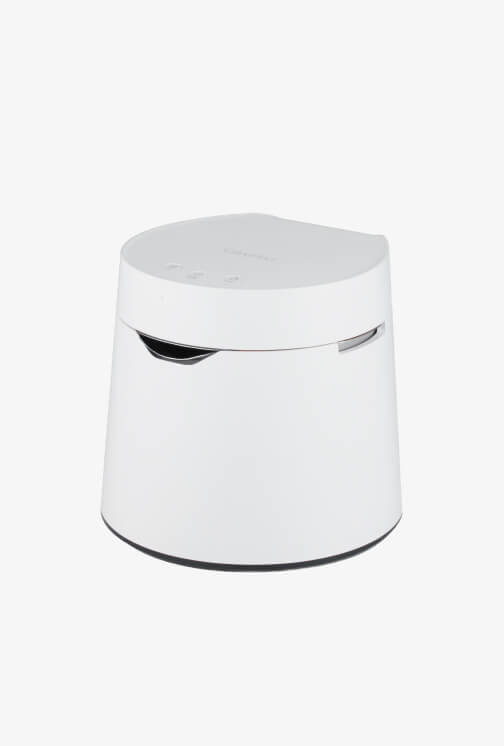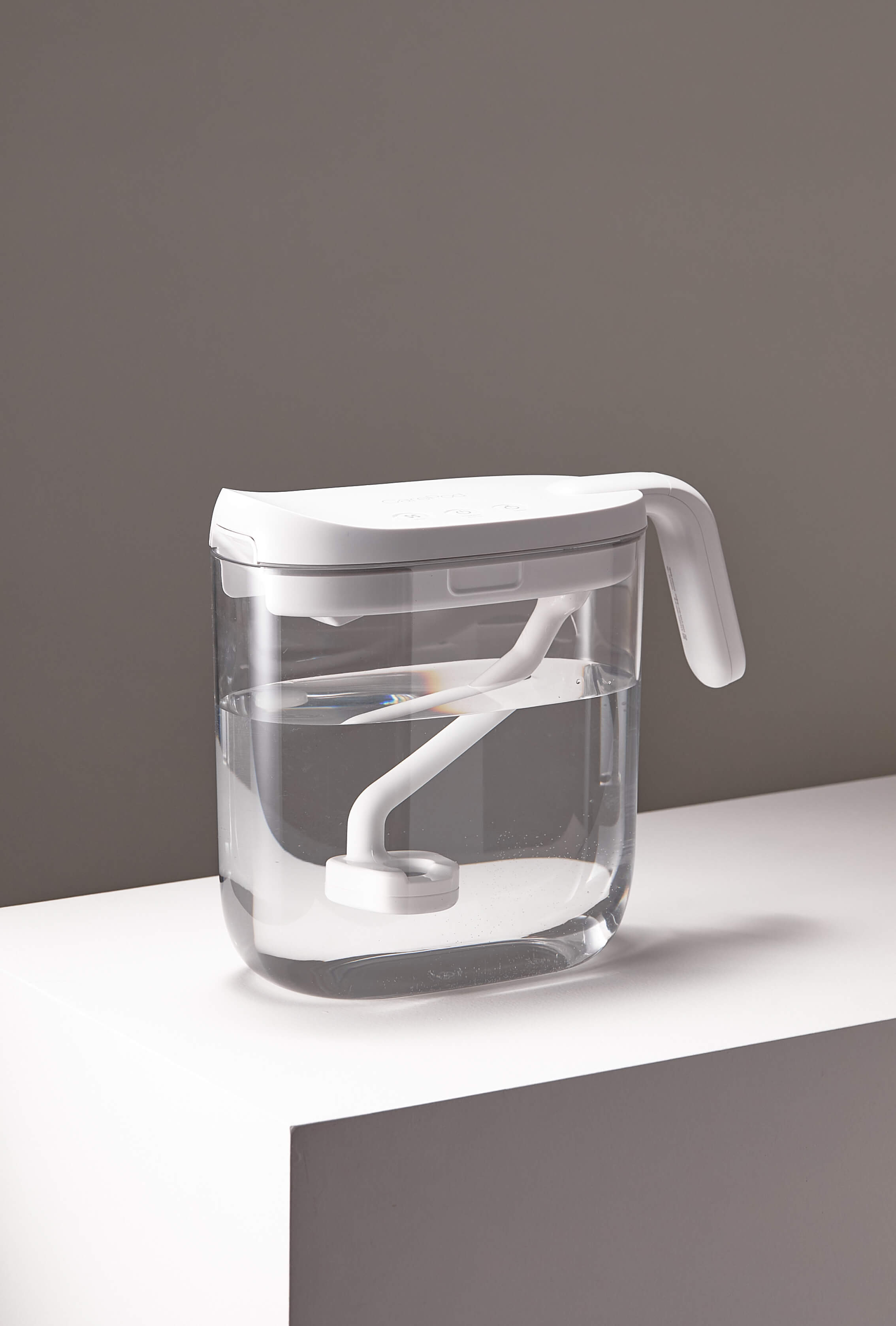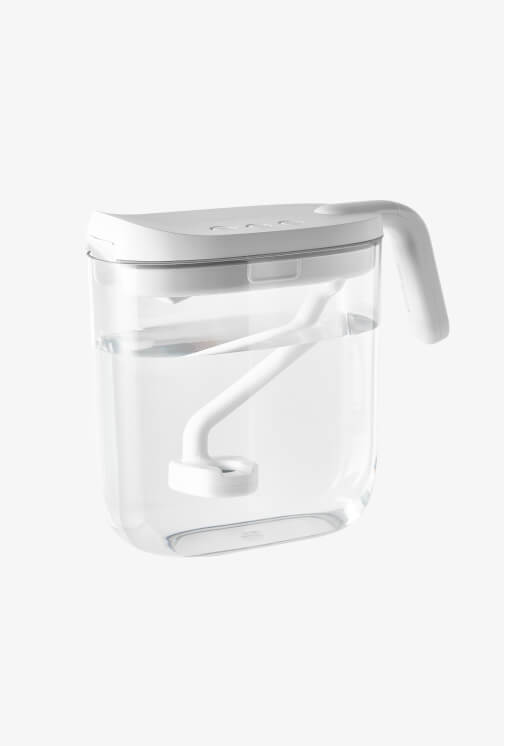Humidifiers for Dry Skin: The New Trend in Beauty?

If you're looking for an easy, natural way to improve your overall beauty and wellness, a humidifier might just be the answer.
Air humidifiers provide essential hydration for your skin, helping to reduce dry patches, wrinkles, and rashes. They may also improve the efficacy of topical skincare products, which often require some amount of moisture to apply.
Over time, your skin will feel noticeably better and have a more vibrant, radiant glow.
In this article, we'll go through the benefits of a humidifier for your skin — as well as for your overall health and wellness.

Hydration is Essential
It's no surprise that dry air tends to dry out the skin.
According to New York dermatologist Dendy Engleman, "Low humidity levels degrade the skin's natural moisture barrier, which can lead to flaking, cracking, and peeling."
In other words, the outer layer of your skin is its first line of defense, and needs to be kept sufficiently moisturized.
If the indoor humidity is too low, your skin health will be compromised and susceptible to various airborne irritants. This can cause itchy, burning skin as well as rashes and skin infections.
Dry air not only hurts how your skin feels, but also how it looks.
When your skin is exposed to a low-humidity environment for long periods of time, it triggers an increase in oil production to make up for the lack of moisture. This is why skin can feel greasy and yet dehydrated at the same time.

How a Humidifier Helps to Hydrate Skin
Did you know that the skin is the largest organ of the human body?
Therefore, it's absolutely essential to your overall well-being that you keep your skin hydrated and healthy, and a humidifier can help with just that.
Humidifiers work by dispersing water vapor into the surroundings to increase the level of moisture in the air. This helps to provide hydration for your dry skin and helping it retain a sufficient moisture level.
"Hydration is important to keep toxins flushed and fluid moving efficiently through the capillaries," Dr. Engleman explains.
Humidifiers are especially helpful for people dealing with skin conditions such as eczema and psorisis. Additional moisture in the air can help soothe irritation and decrease inflammation.
They're also particularly valuable in the winter, when it's freezing outside and you have to crank up the thermostat. Artificial indoor heating typically contributes to drying out the air, which makes skin problems more common. Thankfully, a little moisture can go a long way.
As a matter of fact, a humidifier might even be able to help you save money on utility bills. Since moist air naturally feels warmer than cool air, you might not need to turn up the heat all the time during the colder months.

The Perfect Combination for Your Skincare Routine
Having trouble with your skincare routine? A humidifier can help.
If you're consistently using products that aren't giving the desired results, you might be doing it all wrong.
Most topical creams and moisturizers for your skin work better when applied to well-hydrated skin. When your skin is too dry, these products are typically rendered much less effective, since they are unable to be optimally absorbed.
But it's important to remember that when it comes to humidifiers and skincare items, one is not a replacement for the other. According to board-certified dermatologists like Dr. Marina Peredo, they actually best work together to boost the health and beauty of your skin.
"Using creams and moisturizers daily is important to draw moisture back into the skin. Like a moisturizer with hyaluronic acid, humidifiers simply help lock in moisture," says Peredo.
With the right amount of air moisture and the perfect skincare routine, your skin will look and feel much more fresh and revitalized than ever before.

How To Use
So you're ready to invest in a humidifier for your overall wellness and beauty? You might have a few common questions, and that's what we're here for.
What's the ideal humidity level?
Keeping the indoor air humidity between 30% and 50% is recommended by the EPA. In fact, excessive moisture in your surroundings (over 60%) can actually lead to mold growth and other problems. But don't fear... As long as you maintain an optimal humidity level, everything should be fine.
How many humidifiers do I need?
That depends on which type of humidifier you're looking at.
Of course, a whole-house humidifier is true to its name. Once you install it as part of the heating system, the entire home should be covered.
If you're opting for a portable humidifier, then consider the size of your home, and where you spend most of your time.
For a one-to-two bedroom apartment, a single device in the main living space should do, especially if other rooms are left open for the moisture to circulate through. For a larger house, it's best to have several humidifiers in areas where you spend the most time (for example, one in the living room and one in your bedroom).
Which type of humidifier is best?
This too depends on your specific needs and personal preferences.
How do I keep my humidifier clean and safe?
Humidifiers often get a bad rap for being difficult to maintain.
After all, if not cleaned frequently and properly, the insides can essentially turn into a breeding ground for bacteria growth. Mineral deposits may also form over time, making the machine dirty and clogged, reducing its overall utility and lifespan.
Be sure to use distilled water or filtered water instead of tap water. Change this water every day. Remember to thoroughly disinfect your device at least once a week, leaving no hidden corner or crevice untouched.
For extra peace of mind, consider Carepod's stainless steel humidifiers which are 99.9% sterilizable for ultra-clean hydration.
Are Humidifiers Expensive?

Final Thoughts
Sufficient moisture in the air not only helps to prevent problems such as dry, itchy skin and other forms of irritation, but may also provide relief for various other medical conditions. Check out our previous blog on how humidifiers help to lower the rate of infection and alleviate cold and allergy symptoms.
In all, a humidifier can be a worthwhile investment for your beauty and overall well-being. Among the many benefits of humidifiers is that they can help to alleviate dermal discomfort and give your skin a lush, vibrant glow, leaving you feeling much happier and healthier than before.
